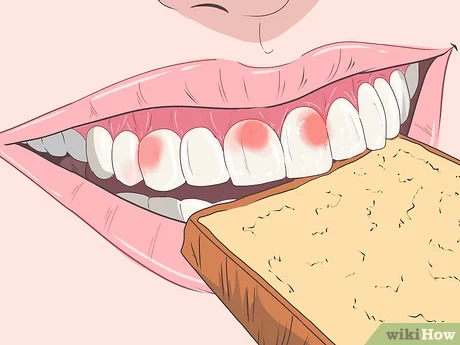How to Keep a Cavity from Getting Worse

Maintaining good oral hygiene is essential in preventing cavities from getting worse. When left untreated, a small cavity can lead to extensive tooth decay, toothache, and even tooth loss. Though it’s best to consult with your dentist when dealing with a cavity, there are ways you can keep it from worsening. Here are a few steps to help manage the situation:
1. Schedule a Dentist Appointment: The most important step in preventing cavities from getting worse is scheduling an appointment with your dentist. A professional will assess the severity of the cavity and recommend necessary treatments such as fillings, root canals, or crowns.
2. Maintain Proper Oral Hygiene: Ensuring you maintain good oral hygiene habits is crucial in stopping cavities from progressing further. Brush your teeth at least twice a day for two minutes, using fluoride toothpaste and a soft-bristle toothbrush. Floss regularly to remove food particles trapped between your teeth.
3. Rinse with an Antibacterial Mouthwash: Using an antibacterial mouthwash helps eliminate harmful bacteria that contribute to the development of cavities. Rinse your mouth with mouthwash once or twice a day as directed on the packaging.
4. Limit Sugary Foods and Drinks: Minimize consuming excessive sugar which encourages bacteria build-up and leads to cavities. Limit your intake of sugary drinks, candies, and desserts while increasing consumption of fresh fruits, vegetables, and dairy products rich in calcium.
5. Drink Water: Drinking water regularly, especially after meals, helps wash away food particles and neutralize acids produced by bacteria in your mouth. This prevents plaque accumulation and reduces the risk of cavities.
6. Consider Dental Sealants: Dental sealants create a protective barrier on the surface of teeth, preventing bacteria infiltration that causes decay. Sealants need professional application by a dentist but can provide long-lasting protection against cavities.
7. Use Fluoride Treatments: Fluoride strengthens tooth enamel, making it less susceptible to decay. Ask your dentist about in-office fluoride treatments or prescribed fluoride toothpaste to address existing cavities and prevent further damage.
8. Chew Sugar-Free Gum: Chewing sugar-free gum after meals promotes salivation, which helps wash away food particles and bacteria. Opt for gum containing xylitol, a natural sweetener that inhibits bacterial growth.
Remember that a cavity cannot heal itself, and over time, it will likely worsen if left untreated. The best course of action is to consult with your dentist who can determine the appropriate treatment plan for your specific situation. In the meantime, following these tips can help you prevent ongoing damage and maintain a healthy smile.


